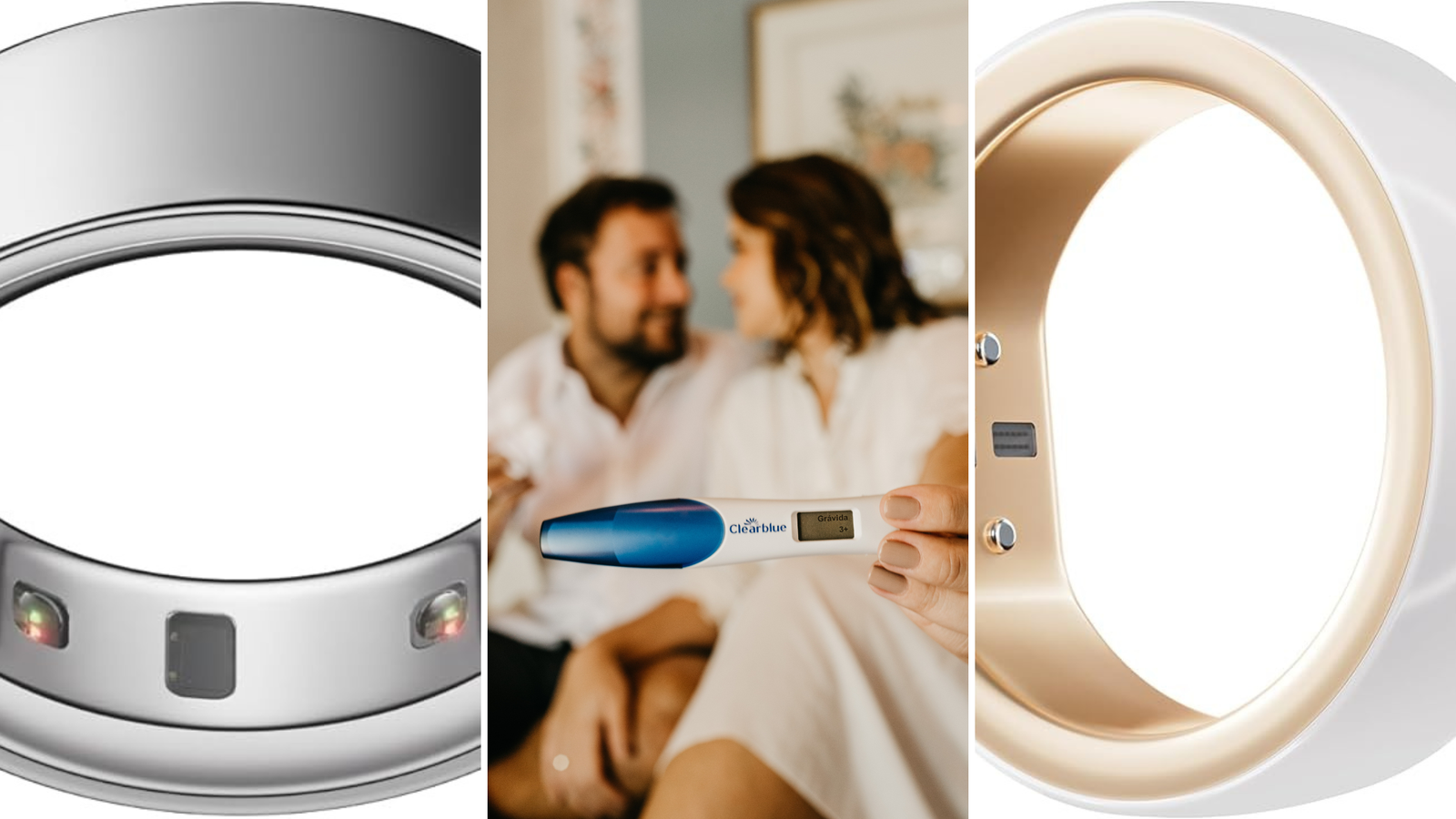Certain beverages can exacerbate menstrual symptoms such as cramps, bloating, and mood swings. Here are some drinks to avoid during your period and the reasons why they might worsen your symptoms.
1. Caffeinated Beverages
Caffeine can constrict blood vessels and increase tension in the body, which may worsen menstrual cramps and cause additional discomfort. It can also lead to dehydration, which can make cramps more severe.
According to this study, frequent or habitual use of caffeinated drinks can be the reason for the most part of your period problems.
- Examples: Coffee, energy drinks, caffeinated teas, and some sodas.
- Alternative: Opt for herbal teas or decaffeinated beverages.
2. Sugary Drinks
Drinks high in sugar can lead to rapid spikes and crashes in blood sugar levels, which can increase irritability and fatigue. Excess sugar can also contribute to inflammation and bloating.
- Examples: Sodas, fruit punches, sweetened coffee drinks, and sugary smoothies.
- Alternative: Drink water or naturally flavored water without added sugars.
For details, check this article.
Related: Can I Drink Milk During Periods?
3. Alcohol
Alcohol can dehydrate the body, leading to more intense menstrual cramps. It can also disrupt sleep patterns and increase the severity of menstrual symptoms such as mood swings and fatigue.
- Examples: Beer, wine, spirits, and cocktails.
- Alternative: Choose non-alcoholic beverages, such as sparkling water with a splash of juice.
You can learn more about the effects of alcohol during menstruation here.
4. Dairy
Some people find that dairy products can increase bloating and digestive discomfort during their period. This may be due to lactose intolerance or the inflammatory properties of certain dairy products.
- Examples: Milk, cheese, ice cream, and creamy drinks.
- Alternative: Try dairy alternatives like almond milk, oat milk, or lactose-free options.
Learn more about the effects of dairy during menstruation here.
5. Carbonated Drinks
The carbonation in sodas and sparkling waters can cause gas and bloating, which can add to the discomfort of menstrual cramps.
- Examples: Carbonated water, sodas, and sparkling energy drinks.
- Alternative: Drink still water or herbal teas.
Check this study about the effects of carbonated drinks during menstruation here.
6. Artificially Sweetened Drinks
Artificial sweeteners can cause digestive issues such as gas and bloating in some people, which can exacerbate period discomfort.
- Examples: Diet sodas, sugar-free energy drinks, and beverages with artificial sweeteners.
- Alternative: Choose naturally flavored water or unsweetened beverages.
Learn more here.
7. High-Sodium Drinks
High sodium content can lead to water retention and bloating, making you feel more uncomfortable during your period.
- Examples: Processed vegetable juices, sports drinks, and certain canned soups and broths.
- Alternative: Look for low-sodium options and drink plenty of water.
Learn more here.
Healthy Beverage Alternatives
To help alleviate menstrual symptoms and stay hydrated, consider these healthier alternatives:
- Water: Staying hydrated can reduce bloating and help manage cramps.
- Herbal Teas: Chamomile, ginger, and peppermint teas can soothe cramps and reduce inflammation.
- Warm Water with Lemon: This can aid digestion and provide a calming effect.
- Smoothies: Make your own with fresh fruits, vegetables, and a liquid base like almond milk or coconut water.
- Coconut Water: It’s hydrating and contains electrolytes, which can help with overall well-being.
Tips for Staying Hydrated and Comfortable
- Drink Regularly: Sip water throughout the day to stay hydrated.
- Limit Caffeine: If you must have caffeine, limit it to one small cup in the morning.
- Avoid Late-Night Beverages: To prevent nighttime trips to the bathroom and ensure restful sleep, limit your intake of liquids before bed.
- Listen to Your Body: Everyone’s body reacts differently, so pay attention to what makes you feel better or worse during your period.
By avoiding certain beverages and choosing healthier alternatives, you can help manage your menstrual symptoms and maintain better overall comfort during your period.
Reference
- Association between menstrual disturbances and habitual use of caffeine. Retrieved from https://www.sciencedirect.com/science/article/pii/S1658361214000651
- Carroll HA, Lustyk MK, Larimer ME. The relationship between alcohol consumption and menstrual cycle: a review of the literature. Arch Womens Ment Health. 2015 Dec;18(6):773-81. doi: 10.1007/s00737-015-0568-2. Epub 2015 Aug 21. PMID: 26293593; PMCID: PMC4859868.
- Abdul-Razzak KK, Ayoub NM, Abu-Taleb AA, Obeidat BA. Influence of dietary intake of dairy products on dysmenorrhea. J Obstet Gynaecol Res. 2010 Apr;36(2):377-83. doi: 10.1111/j.1447-0756.2009.01159.x. PMID: 20492391.
- Escobar Gil T, Laverde Gil J. Artificially Sweetened Beverages Beyond the Metabolic Risks: A Systematic Review of the Literature. Cureus. 2023 Jan 1;15(1):e33231. doi: 10.7759/cureus.33231. PMID: 36741610; PMCID: PMC9891650.
- Olson BR, Forman MR, Lanza E, McAdam PA, Beecher G, Kimzey LM, Campbell WS, Raymond EG, Brentzel SL, Güttsches-Ebeling B. Relation between sodium balance and menstrual cycle symptoms in normal women. Ann Intern Med. 1996 Oct 1;125(7):564-7. doi: 10.7326/0003-4819-125-7-199610010-00005. PMID: 8815755
Tools:
- Luteal phase calculator
- BBT Temperature Converter
- Birth control calculator
- Bishop Score Calculator
- Due Date Calculator
- Breast Cancer Recurrence Risk Calculator
- Breastfeeding Calories Calculator
- Clomid Ovulation Calculator
- Conception Calculator
- Due Date Calculator
- Egg Freezing Calculator
- Flange Size Calculator
- Ideal Weight To Get Pregnant Calculator
- Implantation calculator
- IVF success calculator after retrieval
- Menstrual or Implantation Bleeding Quiz
- MCA PSV MoM calculator
- hCG Levels Calculator
- IVF Due Date Calculator
- Who Got Me Pregnant Calculator
- Conception Calculator
- Pearl Index Calculator
- Flange Size Calculator
- Period Calculator
- TIRADS Calculator
- Egg Freezing Calculator
- Fundal Height Calculator
- Pregnancy Weight Gain Calculator
- Chances of Having Twins Calculator
- VTE Risk Score Calculator




